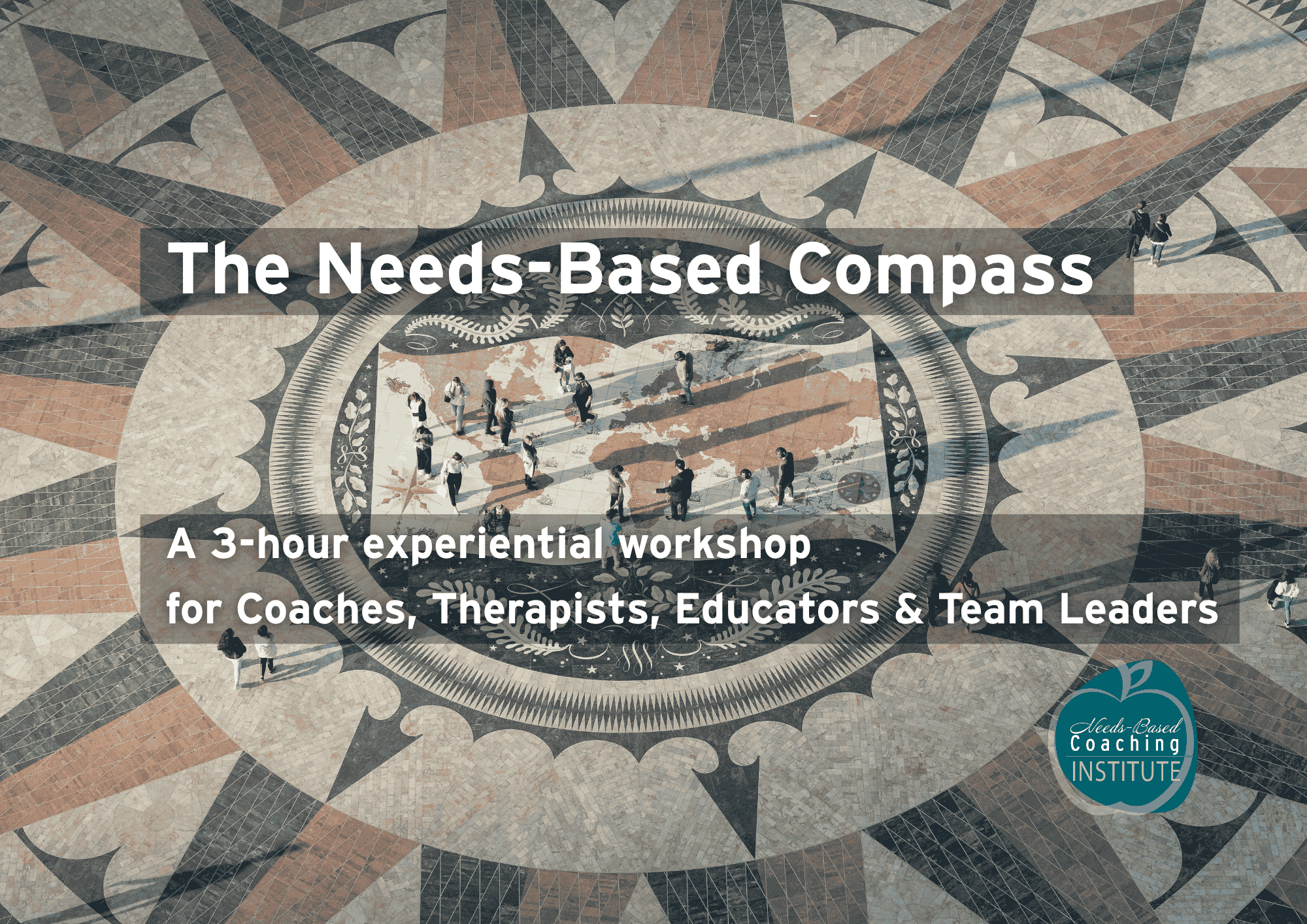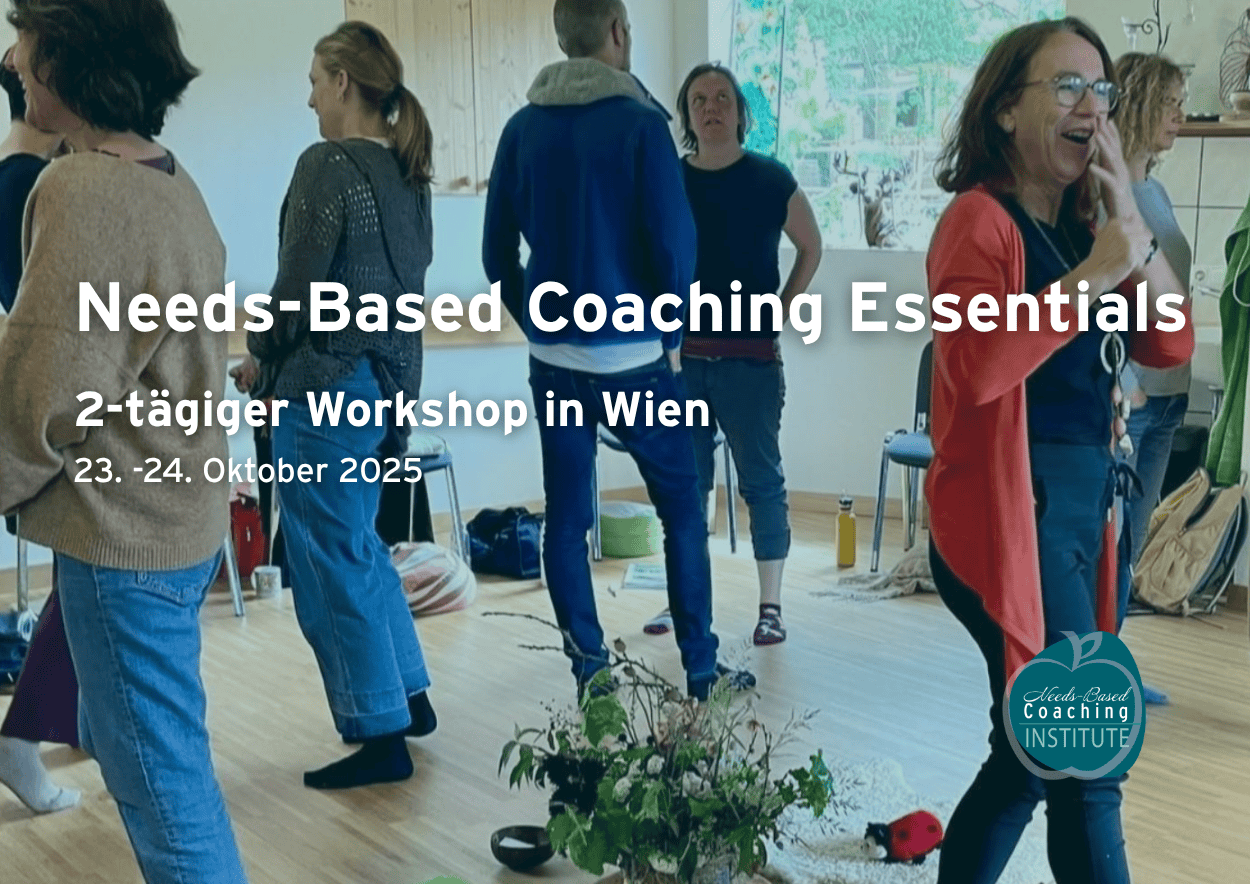
Untying the knots
Attachment Awareness in Coaching
Grow your coaching toward mastery
learn about the dynamics of your coach-client relationships through attachment awarness.
Recognize your own attachment style so that you can fill in your blind spots and avoid the traps of suddenly finding yourself in a parent-child relationship with your client. And learn to support your clients toward more fulfilling relationships.
This three-day training in Attachment Awareness in Coaching is designed to elevate your coaching practice, enhance your clients' transformational journey, and help you understand yourself in the supporting role and in your relationships in a wider context.
Untying The Knots is aimed at former students of Needs-Based Coaching or similar coaching programs.
Why does Attachment Awareness matter to you as a coach?
Attachment theory shows that early relationships and attachment patterns significantly influence adult behavior, emotional responses, and relationship dynamics. Recognizing and working with these attachment patterns can profoundly impact the effectiveness of your coaching practice.
Our approach to working with Attachment Awareness comes from neuroscience educator Sarah Peyton and her framework Resonant Language ® as a gentle yet efficient way to liberate the client from limiting attachment patterns.
It’s all about emotions
During the course, you will deepen your understanding of the emotional palette, how each circuit of emotions serves us and the consequences when we shut them off. Through practice, you will expand your own window of welcome for emotions, including the potentially difficult ones such as hopelessness, shame, disgust, grief, and hate. The result is that you will remain relevant and warm, even when you encounter these emotion in yourself or a conversational partner.
How can your Coaching practice benefit from Attachment Awareness?
Personalized Coaching:
Gain the skills to recognize and work with clients' attachment styles, enabling you to personalize your coaching strategies to their specific needs.Enhanced Empathy and Communication:
Attachment-aware coaches have a deeper understanding of their client’s emotional world, translating into more empathetic communication and stronger rapport.Breakthroughs in Transformation:
Clients with unresolved attachment issues may struggle to make significant personal changes. Attachment-aware coaching can dissolve these barriers and lead to lasting change.Relationship awareness:
Understanding the attachment dynamics in your clients' relationships empowers you to assist them in cultivating healthier connections.Fostering a coach/client relationship of trust:
When you recognize your attachment style as a coach, you will know how to avoid the pitfalls of subtle dismissive or appealing coaching and grow your self-confidence, no matter how the client responds.
Our Attachment Awareness in the coaching program:
This program is designed to equip you with the knowledge and skills necessary to incorporate Attachment Awareness into your coaching practice. The program includes:
Theory and Research: We provide a foundation in attachment theory, covering the works of Sarah Peyton, built on John Bowlby, Mary Ainsworth, Beatrice Beebee, and others.
Personal exploration: Participants will become aware of their own attachment patterns and experience how attachment-aware coaching can lead to healing and tangible results.
Deepening into emotions: Participants will dive into the wheel of emotions and expand the map of their inner experience
Practical Skills: Participants will develop practical skills to apply attachment awareness in their coaching sessions.
The Outcomes of Our Training Program:
Expanded Coaching Skills: Build on your skill set to serve clients seeking a more profound, transformative coaching experience.
Client Success: Empower your clients to face their emotional barriers and achieve their goals with increasing resilience and confidence.
Personal and Professional Growth: Explore the profound world of attachment awareness to enhance your personal and professional growth.
By incorporating Attachment Awareness in Coaching, you become a more effective, relevant, and impactful coach, facilitating profound personal growth and transformation for your clients. Join our training program, Untying the Knots, and gain the skills and knowledge to make a meaningful difference in your coaching practice and the lives of those you serve.
Date & Time
23-25th of October, 2024 (3 days of 6 hrs)
Pacific timezone 5am-11am
US East Coast timezone 8 am - 2 pm
UK time 1 pm - 7 pm
Central European Time 2 pm - 8 pm
Doha, Istanbul, Sochi 4 pm - 10 pm
Financial request
To make the workshop accessible to more people,
the workshop fee reflects the different financial conditions in different corners of our world.
Early-bird until 45 days before the course starts
If you live in a country with lower purchasing power, your price is € 420,-
If you live in a country with higher purchasing power, your price is € 520,-
Full Price
If you live in a country with lower purchasing power your price is € 480,-
If you live in a country with higher purchasing power, your price is € 580,-
Who is this training for?
If you have studied Needs-Based Coaching, you qualify. Same if you are a seasoned NVC practitioner or have training and experience as a psychotherapist or coach and would like an introduction to Resonant Healing, the work of Sarah Peyton. If you are attracted without the above experiences, connect with us, and let's discuss your options.
You may ask, will I really learn to address attachment patterns effectively in just three days of online training? After these days, you will know the map of the attachment terrain so that you recognize your own attachment styles and those of your clients.
This knowledge feeds directly into your practice as a broth that adds a deeper flavor to your dish.
Depending on your familiarity with Resonant Healing, the new processes may require peer practice before being offered to clients.
Disclaimer: This is not a training that qualifies you to work with clients who suffer from PTSD, complex PTSD, anxiety, depression, eating disorders, and other debilitating mental conditions. Such conditions require other professional approaches.







